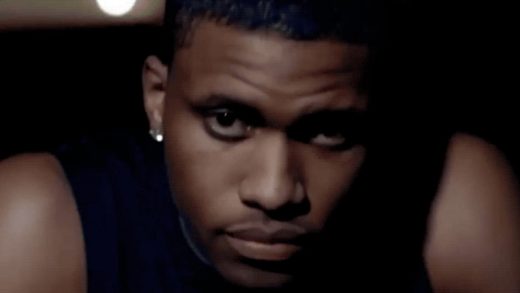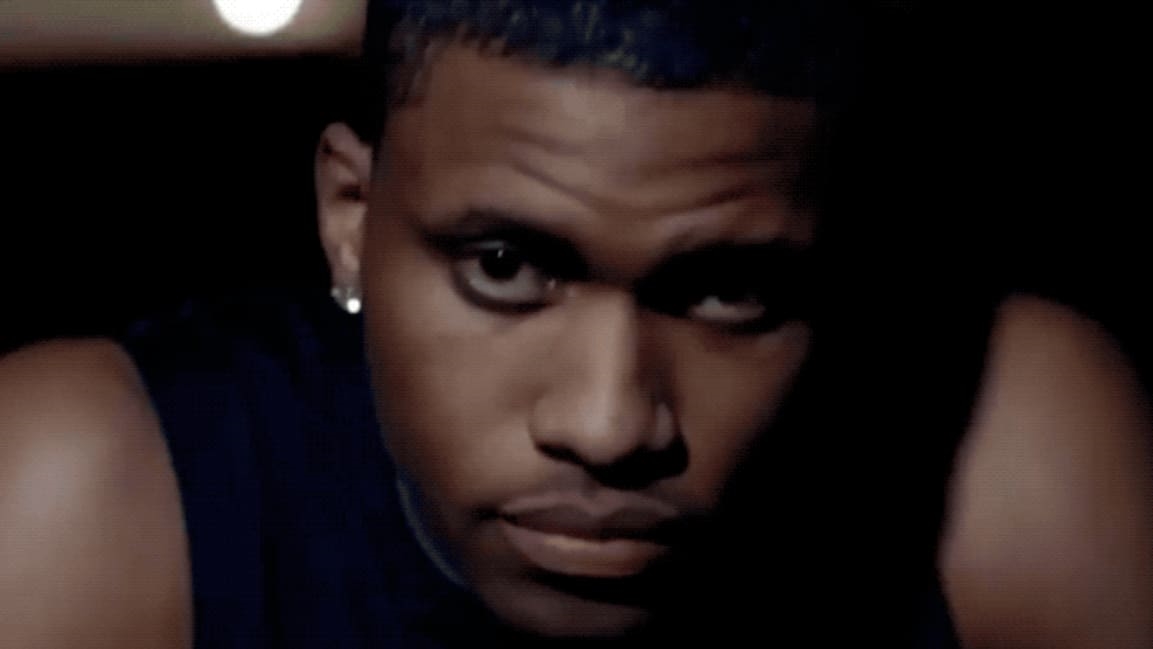Naomi Osaka knows a commercial can’t end racism, but it’s a hell of a megaphone
When Naomi Osaka first walked onto the court at the 2020 U.S. Open, in a match against Misaki Doi, she wore a mask with Breonna Taylor’s name on it in order to use one of the biggest events in tennis as a platform to raise more awareness for victims of police violence.
It was just one of seven masks the 22-year-old told ESPN she owns, each emblazoned with a different name, commemorating another victim.
“It’s quite sad that seven masks isn’t enough for the amount of names, so hopefully I’ll get to the finals and you can see all of them,” she said.
Osaka knows the size and scale of both her audience, and the broader fan base for a Grand Slam like the U.S. Open. So she also decided to use her commercial time with sponsor Hyperice, which is running ads on ESPN during the tournament, to speak out further about racial inequality.
“There are a lot of fans who probably only watch tennis during the U.S. Open, so there’s more people to reach at this time of year in my sport,” Osaka says. “This gives me a wider audience than just my own fans—so the importance to me is the breadth of the reach.”
The spot, called “Humanity,” works because it acknowledges the limitations of advertising, while at the same time using its reach to amplify an important message. It came about when Hyperice founder Anthony Katz wanted to give the brand’s sponsored athletes an opportunity to speak out.
“Hyperice has worked with a diverse mix of athletes from all different backgrounds, but Black athletes have played a major role in representing our brand,” says Katz. “With all that’s going on in the world, we wanted to show our athletes that we stand in solidarity with them in the fight for racial equality.”
Katz worked with NBA star Blake Griffin and writer Ernest Baker on the spot, with a version featuring Griffin reading the voice-over. When Osaka saw it, she asked if she could record her own version. “As a brand with a platform, we feel this is the right thing to do, and I think it’s worth mentioning that we don’t see this as a political issue,” says Katz. “This is about basic human rights. A person shouldn’t face discrimination based on their color.”
Last week, Osaka decided to boycott her semifinal match at the Western and Southern Open, in solidarity with protests over the shooting of Jacob Blake in Kenosha, Wisconsin. That led the tournament to suspend all play on Thursday, and the semifinals were all eventually played on Friday, August 28.
She says that, just as athletes across multiple sports have been taking more action on this issue, that they also continue to use their commercial opportunities for the same purpose.
“I hope athletes are starting to understand how powerful our voices can be,” she says. “We are the role models to so many and we have that responsibility. I’m tired of hashtags and ready for action. And I hope when people see someone that’s not afraid to speak up they will have the courage to speak up themselves.”
Fast Company , Read Full Story
(47)



